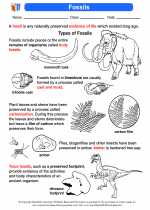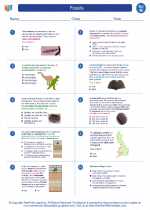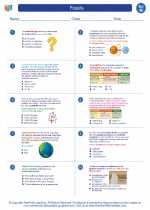Space Exploration
Space exploration is the investigation and study of outer space using space technology. It includes the exploration of celestial bodies such as planets, moons, asteroids, and comets, as well as the study of phenomena such as black holes, supernovae, and cosmic radiation.
History of Space Exploration
The history of space exploration dates back to the mid-20th century, with the launch of the first artificial satellite, Sputnik 1, by the Soviet Union in 1957. This event marked the beginning of the space age and triggered a race between the United States and the Soviet Union to achieve significant milestones in space exploration, such as manned spaceflights and moon landings.
Benefits of Space Exploration
Space exploration has led to numerous technological advancements that have benefitted society in various ways. Some of these benefits include the development of satellite communication, Earth observation and monitoring, medical technologies, and materials science.
Current and Future Exploration Efforts
Currently, space agencies such as NASA, ESA, Roscosmos, and private companies like SpaceX are actively involved in space exploration efforts. These efforts include the exploration of Mars, the study of exoplanets, the development of space tourism, and the construction of a lunar base.
Study Guide
Here are some key topics to focus on when studying space exploration:
- The space race between the United States and the Soviet Union
- Key milestones in space exploration, such as the moon landing and the launch of the Hubble Space Telescope
- Technological advancements resulting from space exploration
- Current and future space exploration missions and projects
- The challenges and risks associated with space exploration
[Space Exploration] Related Worksheets and Study Guides:
.◂Science Worksheets and Study Guides Eighth Grade. Fossils

 Activity Lesson
Activity Lesson
 Worksheet/Answer key
Worksheet/Answer key
 Worksheet/Answer key
Worksheet/Answer key
 Worksheet/Answer key
Worksheet/Answer key
 Worksheet/Answer key
Worksheet/Answer key
 Vocabulary/Answer key
Vocabulary/Answer key
 Vocabulary/Answer key
Vocabulary/Answer key
